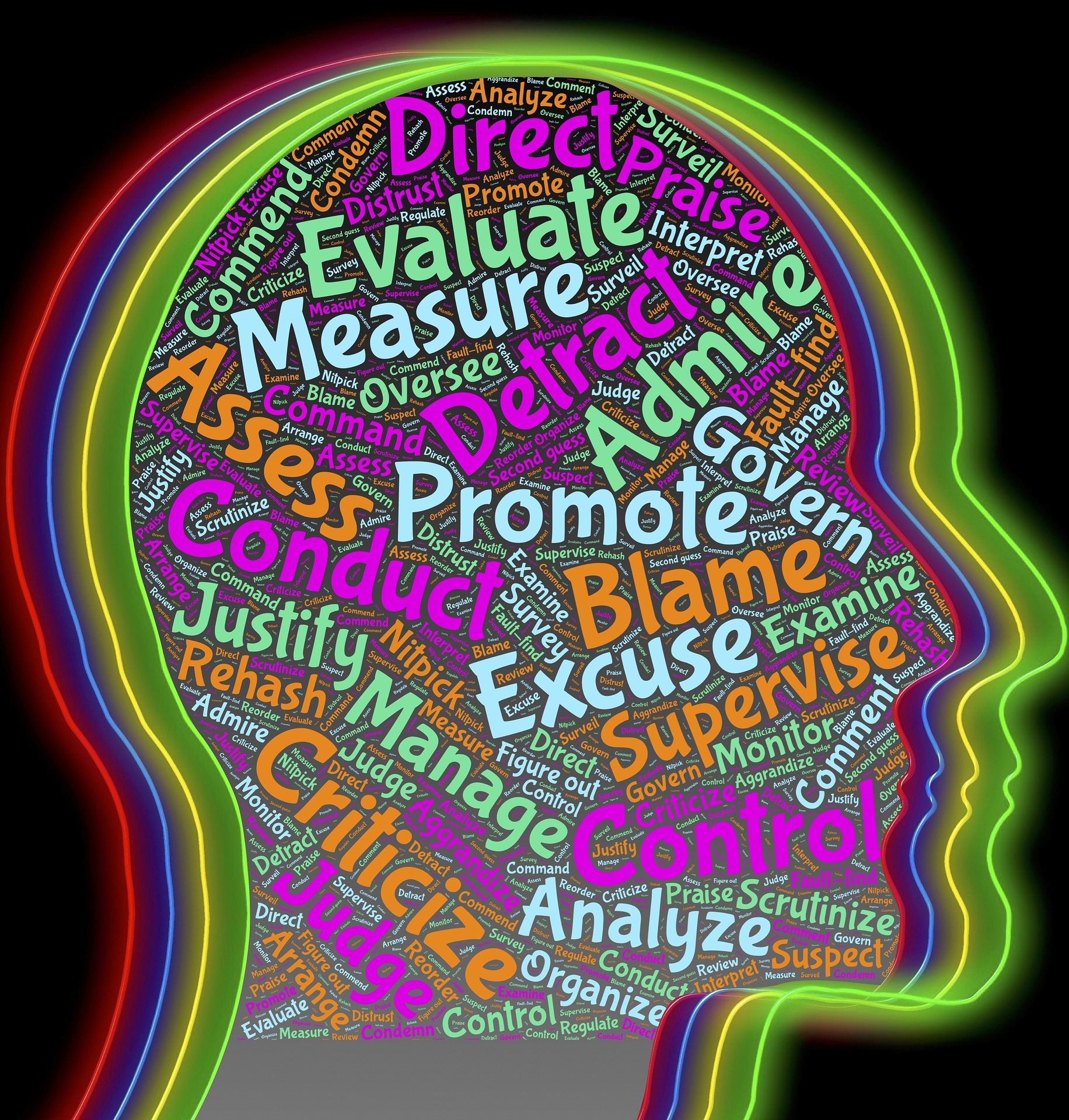“Classroom assessments that serve as meaningful sources of information don’t surprise students.” (Guskey, 2003) This quote immediately jumped out to me as both a teacher and a learner. As a learner not knowing what would be on an assessment or not knowing how I would be assessed frequently added to the stress of exams and testing. Guskey continues to state, “instead, these assessments reflect the concepts and skills that the teacher emphasized in class, along with the teacher’s clear criteria for judging students’ performance. “ (Guskey, 2003) As a teacher I feel that my students perform their best on assessments when we have clearly gone over what they will be assessed on and how I will be assessing. As I tend to use the performance standards rubrics for both writing and math all year, I notice that my students become more adept at meeting the expectations and checking their work against the performance standards. I also find using the performance standards rubrics allows me to be consistent with my assessment across all assignments and to monitor student progress and adapt as needed, using a standard rubric all year I am quickly able to spot emerging trends and put supports in to weak areas in whole group and small group instructional times. This quote also speaks to using backwards design and universal design for learning because if we have planned clearly from day one what we will assess and made that clear to students we are able to then plan the steps in which to get there and how we will ensure students have the content knowledge and the skills prior to the assessment. By planning out what will be important on a final assessment we can indicate it to students from the beginning of a unit and hopefully help them better prepare.
References
Guskey, T. R. (2003, Feburary 1). How Classroom Assessments Improve Learning. Retrieved from ASCD: https://www.ascd.org/el/articles/how-classroom-assessments-improve-learning




